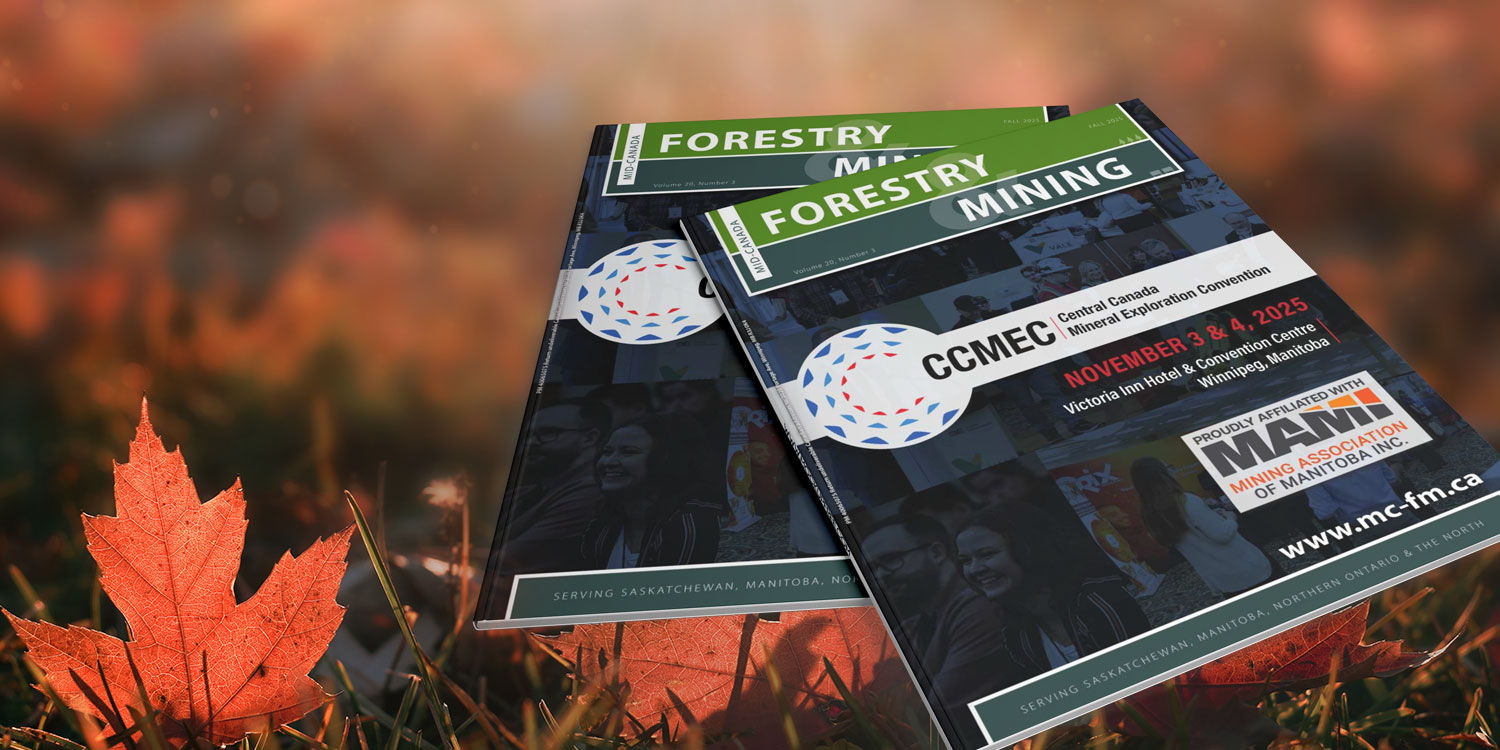They’re part of everyday life. People wear them in the grocery store, while out for a walk, in photos on social media. Some governments have declared them mandatory, and in many places it is impossible to get into a store without one.
Whether we like it or not, plastic face masks have become a symbol for 2020 and the COVID-19 pandemic. They are a commodity we never seem to have enough of. They are desperately needed not only to prevent the spread, but also to keep medical professionals and others on the front line safe.
Yet, disposable masks are one-use items, and they are piling up. In October, the World Health Organization (WHO) estimated approximately 89 million medical masks were needed to respond to COVID-19 each month, the demand reaching an unprecedented high. Even more troubling: the increase in production has resulted in a dramatic increase in the use of polymeric materials such as polypropylene, polyurethane, polyacrylonitrile, polystyrene, polycarbonate, polyethylene, and polyester – materials known to increase plastic and plastic particle waste across the globe.
The very thing that is helping us slow the spread of the virus is, ironically, hurting the planet. Personal protective equipment (PPE) waste has been documented in the ocean, inside the stomachs of dead animals, and within ‘fatbergs’ found in sewage. Innovation is needed to find a better alternative – and soon.
Fortunately, a Canadian research and development company, specializing in forestry solutions, has stepped up to the plate. After an eight-week applied research sprint, FPInnovations announced that they had successfully completed phase one of developing biodegradable facemasks – with the aim to have a full mask complete by Christmas.
The new biodegradable masks – consisting of a blend of hardwood and softwood fibres – would be sourced and produced from carefully sustained Canadian forests, for Canadians. The masks would have an improved filtration efficiency of 60%, surpassing the typical cloth mask’s efficiency of 30% – not surgical grade, but the next best option. The company’s press release stated this approach would help to address the environmental problem that the quickly growing demand for disposable plastic masks has created.
A huge advantage is that the changes in Canadian production could be easily implemented by the existing pulp and paper industry without the need to change production lines or buy new equipment. As a result, FPInnovations claims the Canadian forest sector would be able to offer a global solution, where significant export opportunities could be developed in a short time.
“The work we are doing at FPInnovations allows the Canadian forest sector to produce safe, local, and eco-friendly solutions to Canadians,” said Stéphane Renou, President and Chief Executive Officer of FPInnovations. “The innovations being developed in the area of cellulosic fibres open the doors to new markets. This is further evidence that the forest industry can offer much more than people realize!”
The phase one research was financed by Natural Resources Canada (NRCAN), which announced a $1.3 million investment in August 2020. The investment was part of NRCAN’s Transformative Technologies Program’s agreement with FPInnovations through the Forest Innovation Program, an initiative to promote research and development on new technologies and products across Canada’s forest sector.
“Biodegradable masks made from Canada’s sustainably sourced forests – just one example of what FPInnovations can do,” said the Honourable Seamus O’Regan, Canada’s Minister of Natural Resources. “The ingenuity of Canada’s forest sector, keeping Canadians safer.”
The next step is for FPInnovations to collaborate with its team of industrial and government partners, to pursue phase two of the development of a fully biodegradable, disposable mask, made in Canada from sustainable and renewable Canadian wood fibres ready for public use worldwide.
“FPInnovations has been on a sprint since the beginning of the pandemic,” said Renou in the news release. “We are proud of the work we accomplished toward the need for a single-use face mask with consistent performance that is eco-friendly and locally produced. We are confident in our capacity to deliver a fully biodegradable made-in-Canada face mask in the near future and thank NRCAN for its support of Canadian forest sector workers.”
The masks will also make Canada self-reliant when it comes to PPE, something that is especially welcome during times of uncertainty.
“When President Trump moved to block that shipment of medical masks at our shared border in early April, it was a call to action about how we need to continue to stick to our principles of supporting free and fair trade, but at the same time we must do more to leverage our natural resources and Canadian innovation to be more self-sufficient – to find Canadian made solutions for Canadians,” stated Derek Nighbor, President and CEO of the Forest Products Association of Canada (FPAC), in a September statement. “Canada’s forests are among the best managed in the world and we have an opportunity before us to do more with this valuable and renewable resource. Whether it’s biodegradable masks, sanitary products, toilet paper, lumber and wood building materials, or forest-based biofuels and biomaterials, there is tremendous potential in Canada’s forests.”
Nighbor believes that Canadian-made forest products can bring greater health, environmental, and economic benefits to Canadians, while the country recovers from the “biggest health and economic crisis of our lifetimes.”
He adds that the development confirms “the potential of Canadian innovators like FPInnovations and the deep talent we have in this country to do some pretty creative things; and the power of Canada’s forests and forestry workers to do even more to provide real solutions to some of the biggest challenges facing our country.”


 1-866-985-9780
1-866-985-9780








